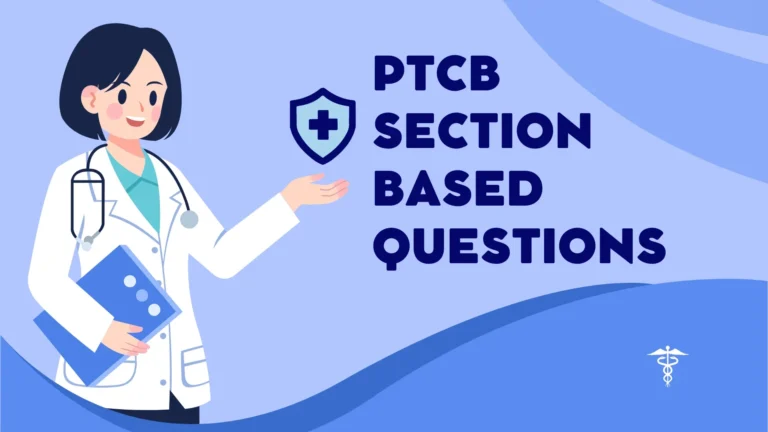Teas Exit Exam
The TEAS Exit Exam, or Test of Essential Academic Skills, is a critical evaluation tool for nursing students at the end of their programs. This standardized assessment measures essential skills in reading, mathematics, science, and English language usage, ensuring that graduates possess the knowledge necessary for effective patient care and nursing practice. Understanding the significance, structure, preparation strategies, and implications of the TEAS Exit Exam is crucial for students aspiring to excel in the nursing field.
Importance of the TEAS Exit Exam
The TEAS Exit Exam is pivotal for nursing students for several reasons. First, it serves as a benchmark for evaluating the readiness of graduates to enter the nursing profession. The exam assesses competencies vital in clinical settings, ensuring that students have mastered the foundational knowledge necessary for effective nursing practice.
Second, many nursing programs require a minimum passing score on the TEAS Exit Exam for graduation. This requirement underscores the exam’s role in validating the educational standards of the nursing program and ensuring that students meet the competencies necessary for safe and effective practice.
Finally, performance on the TEAS Exit Exam can influence a graduate’s employability. Employers often consider TEAS scores as part of the hiring process, as these scores can indicate a candidate’s potential for success in the nursing role. Thus, excelling on the exam can enhance job prospects in a competitive field.
Structure of the TEAS Exit Exam
The TEAS Exit Exam consists of four main sections:
- Reading: This section evaluates reading comprehension skills, including the ability to analyze, interpret, and evaluate texts. Candidates may encounter passages from various genres, including technical writing, literature, and informational texts, followed by questions assessing their understanding.
- Mathematics: The math section tests fundamental arithmetic skills, algebra, and data interpretation. Candidates must be proficient in performing calculations, solving equations, and applying mathematical concepts to real-world scenarios, which are essential skills for managing patient care.
- Science: The science portion assesses knowledge in areas such as biology, chemistry, anatomy, and scientific reasoning. Questions may cover topics like human physiology, cell biology, and basic chemical reactions, all of which are crucial for understanding patient health and medical treatments.
- English and Language Usage: This section focuses on grammar, punctuation, and sentence structure. It evaluates the candidate’s ability to communicate effectively in written form, a key competency for documentation and communication in nursing practice.
Each section has a designated number of questions, and the total exam typically comprises around 170 questions, which candidates must complete within a specified time limit.
Preparation Strategies
Successful preparation for the TEAS Exit Exam involves a multi-faceted approach:
- Understand the Format: Familiarizing oneself with the structure and types of questions on the exam is essential. Practice tests can help candidates become accustomed to the timing and format, reducing anxiety on test day.
- Create a Study Plan: Developing a study schedule allows candidates to allocate sufficient time to each subject area. A balanced approach ensures that all content areas are covered, allowing students to reinforce their strengths and address weaknesses.
- Utilize Quality Study Materials: Investing in reputable TEAS study guides, online courses, and practice exams can enhance preparation. These resources often provide explanations for answers, helping candidates understand the reasoning behind correct and incorrect responses.
- Engage in Group Study: Collaborating with peers can facilitate discussion and deepen understanding of complex topics. Group study sessions can provide support and motivation, making the preparation process more enjoyable.
- Focus on Critical Thinking: Since many questions require the application and analysis of knowledge, developing critical thinking skills is crucial. Engaging with practice scenarios and case studies can enhance this ability.
- Take Care of Your Well-Being: Prioritizing physical and mental health during the study period is vital. Adequate sleep, proper nutrition, and stress management techniques can improve focus and retention.
Implications of the TEAS Exit Exam
The TEAS Exit Exam has significant implications for nursing students. First, it highlights the importance of a solid educational foundation. Students must recognize that the knowledge and skills gained throughout their program directly impact their performance on the exam.
Second, the exam serves as a catalyst for self-reflection. It encourages candidates to assess their strengths and areas for improvement, fostering a growth mindset. Understanding one’s performance on the TEAS can guide further study and skill development.
Finally, success on the TEAS Exit Exam can enhance confidence. Knowing that they have met the required competencies can empower graduates as they transition into their nursing careers, instilling a sense of readiness to face the challenges of patient care.
Conclusion
The TEAS Exit Exam is a vital component of the nursing education process, assessing essential skills that are crucial for effective nursing practice. By understanding its significance, structure, and preparation strategies, nursing students can position themselves for success. The exam not only validates their educational journey but also sets the stage for their future careers in healthcare. As such, approaching the TEAS Exit Exam with diligence and commitment is key to achieving both academic and professional aspirations in nursing.

